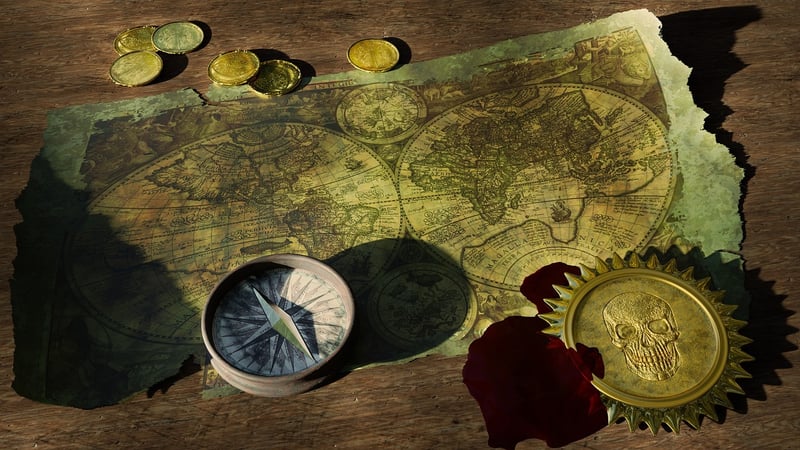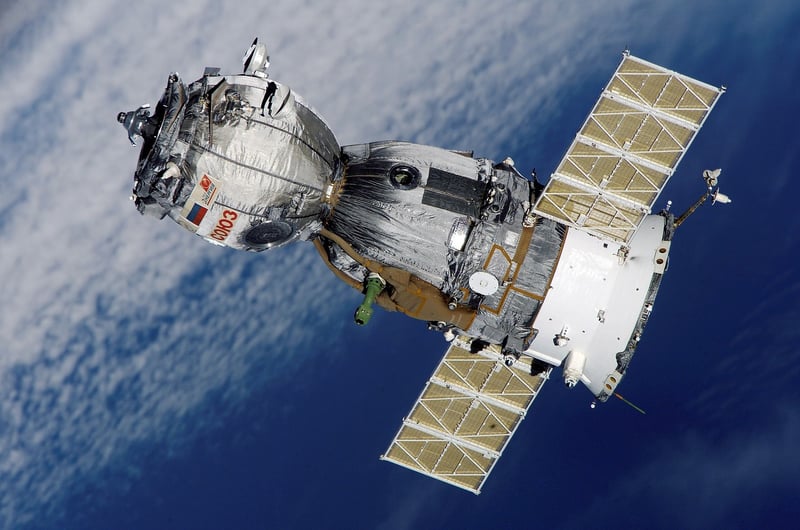Future Exploration
The Evolution of Exploration Through Different Eras and Future Prospects
Ancient Exploration
Ancient exploration was characterized by adventurous journeys undertaken by civilizations like the Phoenicians, Greeks, and Romans. These expeditions often aimed to discover new lands, establish trade routes, and expand empires. The ancient world saw the emergence of legendary explorers like Pytheas and Marco Polo.

Age of Discovery
The Age of Discovery, spanning the 15th to 17th centuries, witnessed European explorers like Christopher Columbus, Vasco da Gama, and Ferdinand Magellan. These brave individuals set sail to find new trade routes, discover new lands, and spread their influence globally.

Modern Exploration
In the modern era, exploration expanded to include space exploration, deep-sea exploration, and scientific expeditions. Pioneers like Neil Armstrong, Jacques Cousteau, and Jane Goodall pushed the boundaries of human knowledge and understanding.

Future Prospects
As we look towards the future, exploration continues to evolve with advancements in technology and a growing interest in space exploration, climate research, and sustainable practices. Organizations like NASA, SpaceX, and National Geographic are leading the way in exploring new frontiers.

Key Points:
- Ancient exploration focused on trade routes and empire expansion.
- The Age of Discovery saw European explorers discover new lands and trade routes.
- Modern exploration expanded into space and deep-sea exploration.
- Future exploration includes space exploration and sustainable practices.
Exploration has always been a driving force in human history, propelling us to seek new horizons and expand our understanding of the world. From ancient civilizations to the modern era and beyond, exploration continues to inspire us to push the boundaries of what is possible.
Are you ready to be part of the next great exploration?
